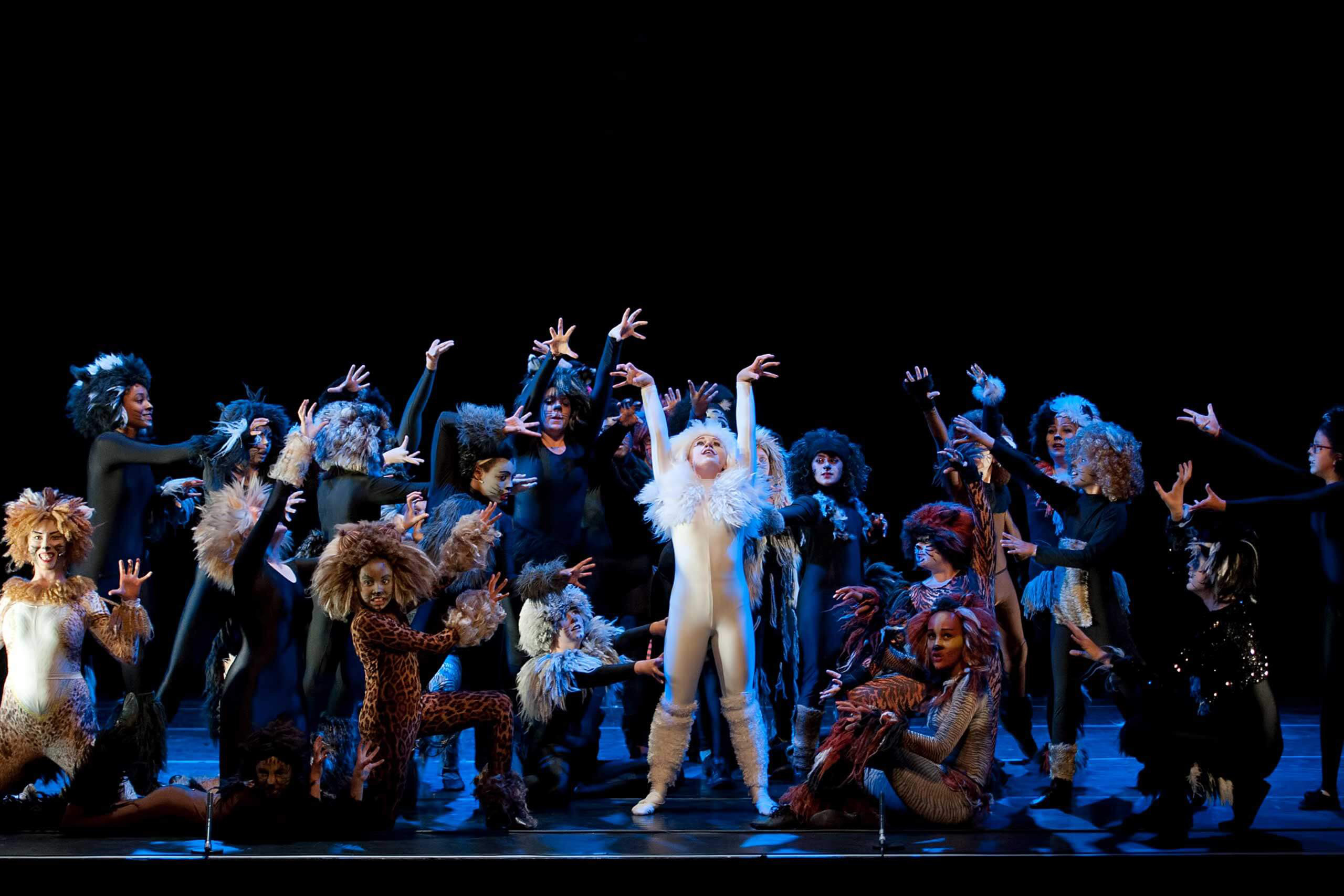Susan Elkin is encouraged by the breadth of stage schools, but suggests eyes need to be wide open.
Stage schools are big business. They are also a bit of a minefield. How do you balance ensuring that children get performing arts opportunities against the decline of those same opportunities in mainstream schools and everyone’s need to stay solvent? And what do you say to parents?
Many communities have several local part time providers of drama, dance and singing tuition for children – with, of course, legal safeguarding arrangements. You may have colleagues who run or work in them – as a way of topping up income and/or helping young people get the access to performing arts which is so often now lacking in schools.
Franchised schools include Razzamataz, Helen O’Grady, Pauline Quirke Academy and many more. The franchise concept means that individual principals run their own schools as personal businesses within the framework of the umbrella organisation which is a recognised brand. Often they are based in mainstream schools – in the afternoon as a form of afterschool club or at weekends. Either way it’s an income stream for the school which probably pleases the bursar or finance manager.
But it doesn’t come cheap for the consumer. Often the classes are organised in a three hour or ninety-minute (depending on child’s age) package covering acting, dancing and singing. Most franchised schools charge a monthly fee per child, variable with age. Sibling discounts are usual. Make Believe, founded by Joel Kern in 2003 and now with over 50 branches, charges £44.50 per month for infants and £75 for children over six.
Little Voices was founded by award-winning Jane Maudsley and now has 90 branches nationwide, having launched in 2007. Fees range from £40 to £65 per term. If you have several children, it’s quite an outlay, however fine the product.
Parents, moreover, often get caught out by hidden extras – something, maybe, to alert them to, if they seek advice. Make Believe is firm that children get lots of opportunities to perform in shows, but that there are no additional costs for this apart from parents buying tickets to attend. Some schools, however, pile on charges for costumes and other production costs.
Almost everyone you speak to working in the field of franchised performing arts training points out that most organisations have some bursary or other funding to support families who need it most. I worry, however about the middle-income families. Those who are not quite poor enough to qualify for help, but nowhere near well off enough to afford extras such as performing arts, are likely to fall between two stools as usual.
Parents should find out what sort of shows are produced too. Ellie Potbury whose son Bill, 14, has attended Stagecoach Cambridge and Cambourne since he was 6 is pleased with the local shows he has participated in but advises parents: “Don’t be seduced by a stage school which promises that your child is to be in a huge show in a vast London venue because, typically, he/she will be one of many hundreds and on stage only for a very short time.”
One of the advantages of weekend or evening stage school is that it gives children the opportunity to mix and bond with what Joel calls a “different demographic” from the one they meet in their day schools. Not everyone in the room will be from the student’s “own” school. “We’ve always made sure that Make Believe is very diverse” he says. “We have a wide range of locations now and the children who attend them learn all the time from each other.”
Special needs are well met in the good ones too. “There are a number of children who have, for example hearing loss and autism quietly being supported at Stagecoach” observes Ellie.
“The principal of the school is key when you’re choosing” she adds. “I can’t speak too highly of Angharad, our principal. She is a Mountview graduate and totally, warmly, caringly engaged with the children she and her staff work with”.
Alyson Walsingham, mother of Caelan Ferguson, 6, agrees. He has been attending Make Believe in Sevenoaks, for two years. “The people there are very welcoming and lovely. Caelan who has already done some professional work and wants to go to Sylvia Young School later is confident but reserved. He bonded at Make Believe from the start.” She continues: “Talk to the principal of any school you are considering.”
Something else to stress to parents is that these classes are not star creation factories. Inevitably a handful of exceptionally talented children in stage schools will one day achieve professional success, but that shouldn’t be what drives the school. “We are definitely not here to develop stars,” says Joel. “It’s mainly about having fun, developing confidence and enjoyably acquiring transferable skills”.
Take Amelia Sharpe,11, for instance. She has attended the Fylde branch of Little Voices for five years. “She was in desperate need of confidence and is brilliantly confident now” says her mother, Karen. “Asked recently at school to do homework on the Trojan War she dressed up and presented it as a rap spoken by the king. She now wants to be an air pilot and that confidence is all down to Little Voices.”
At their best, these schools can complement daytime schooling and serve students well, but we really must get the importance of caveat emptor across to parents. And, if the shrinkage of arts provision in schools is to continue, we need to find some way of increasing accessibility affordable for all.
@SusanElkinJourn
Examples of stage school franchises:
Theatretrain www.theatretrain.co.uk
Stagecoach www.stagecoach.co.uk
Helen O’Grady www.dramaschoolforkids.co.uk
Make Believe www.makebelievgroup.co.uk
Lipa 4:19 www.lipa419.co.uk
Razzamataz www.razzamataz.co.uk
Pauline Quirke Academy www.pqacademy.co.uk
Little Voices www.littlevoices.org.uk




No Comments
No comments yet.
Sorry, the comment form is closed at this time.